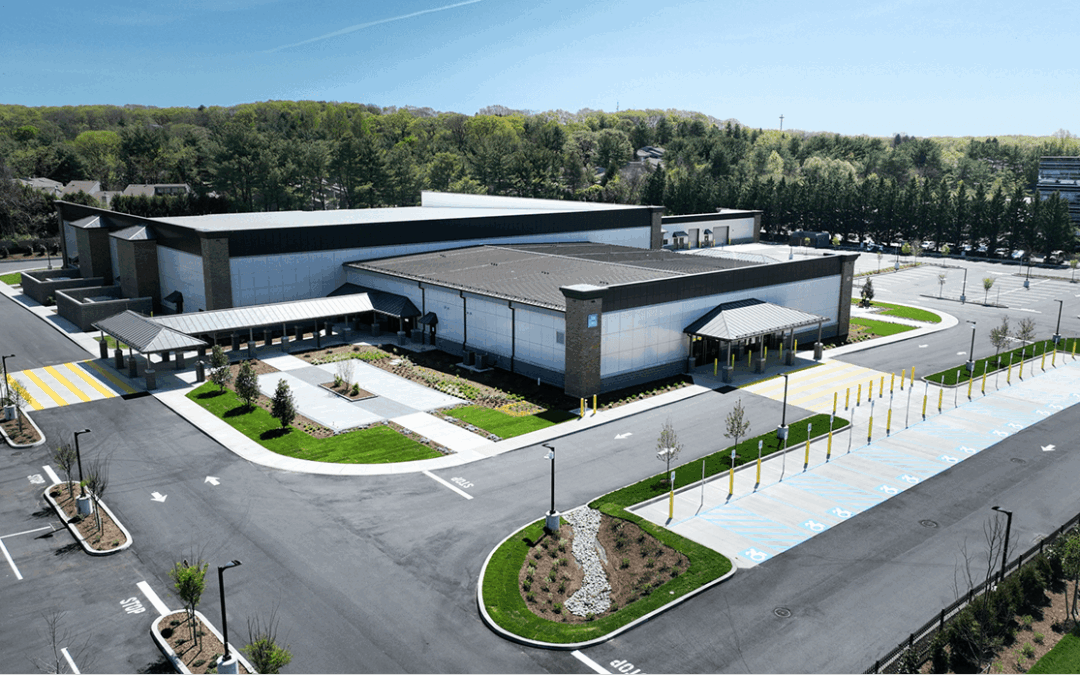Frequently Asked Questions
The design of Assembly Halls of Jehovah’s Witnesses are simple, aesthetically pleasing and are designed with the surrounding community in mind. Below, are some examples of existing assembly halls located around the United States.
United States Assembly Halls

Location
Aurora, Colorado

Location
Crownsville, Maryland

Location
Conyers, Georgia

Location
Casa Grande, Arizona

Location
La Feria, Texas

Location
Orangeburg, South Carolina
Once the Assembly Hall is completed, will Jehovah’s Witnesses be knocking at my door more often?
No. Our door-to-door ministry is handled by local congregations, which will not be enlarged or changed in anyway.
How will this Assembly Hall impact area traffic?
Engineering consulting firm Nelson & Pope, of Melville, New York, was commissioned to study the potential traffic impact of the proposed Assembly Hall. The study concluded that there will be “no impact to the surrounding intersections and roadways leading to the new facility.” GEICO historically had 3,000 employees working two shifts, six days a week. The Assembly Hall will eliminate more than 700 parking spaces on the back 10 acres, leaving 709 spaces for the proposed facility. It will be used 75 days per year, with 13 of those days scheduled for Friday sessions. Historically, cars progressively arrive at Assembly Halls from 7-9:30 a.m. for programs that begin around 9:30 a.m.
Does this proposal conform to the property’s current zoning?
The property is zoned for Light Industrial use, which allows for religious meeting places like the Assembly Hall. Other permitted uses in a Light Industrial zone include taxi-limo service, hospital, commercial vehicle parking lot, gym, bank, public market, car dealership, catering facility, warehouse, fast food restaurant, office building, and self-storage unit.
What is an Assembly Hall of Jehovah’s Witnesses?
Assembly Halls are regional centers for Bible education that host religious conferences each year. The 43 Assembly Halls found in the United States are each designed to complement the architectural character of the surrounding community.
What is an Assembly Hall used for?
Assembly Halls do not replace Jehovah’s Witnesses’ local houses of worship, called Kingdom Halls. Instead, they are used for special annual and bi-annual meetings that draw from a wider area. These special meetings are hosted on weekends, with some Friday sessions, and they feature a full day of Bible instruction through talks, demonstrations, and video presentations. Families sit together and enjoy the same spiritual program, which spans one or multiple days.
What is the history of Jehovah’s Witnesses on Long Island?
Jehovah’s Witnesses have had local congregations on Long Island since the 1940s. Presently, there are 81 congregations of Jehovah’s Witnesses, with more than 8,000 congregants spread across Nassau and Suffolk Counties.
What will happen to the former GEICO building once the Assembly Hall is complete?
The former GEICO building will be used during construction for administrative functions. Once the Assembly Hall is complete, the application before the Town of Oyster Bay calls for the former GEICO building to be demolished and the front 10 acres sold.



